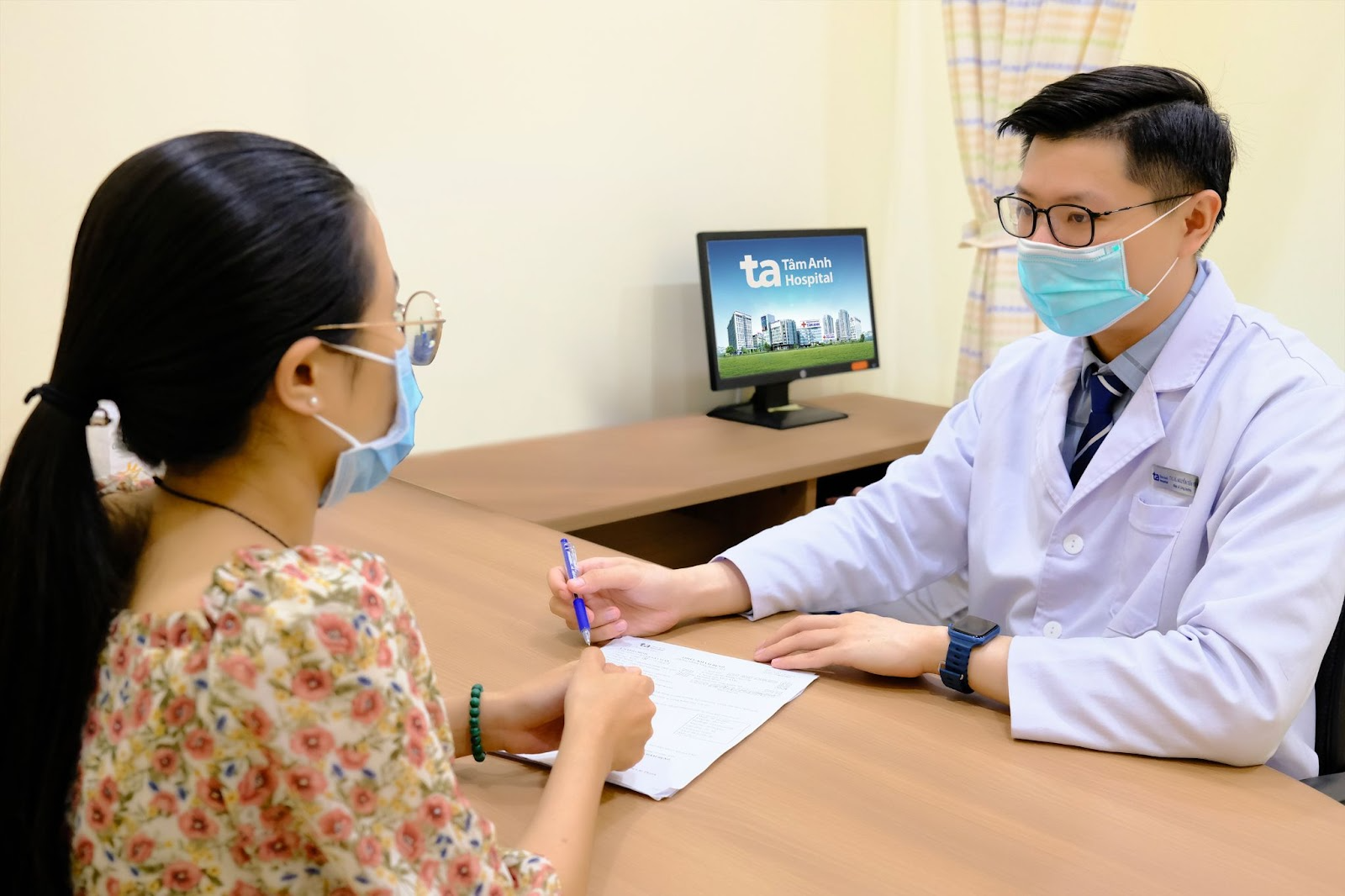Doctor Nguyen Tien Si, Master of Oncology at Tam Anh General Hospital in Ho Chi Minh City, explains that cancer diagnosis relies on various factors, including the origin of the cancer (primary site), stage, cancer cell type, and tumor's biological characteristics. In addition to clinical examinations, doctors utilize multiple methods for accurate diagnosis, such as imaging scans (MRI, CT, PET-CT), biopsies, histopathological examination, immunohistochemistry, and gene mutation testing.
Blood tests are among the methods used to assess overall health, detect various diseases early, and monitor treatment. While they can't definitively diagnose cancer, blood tests can reveal abnormal blood cells, tumor markers, or proteins secreted by cancer cells, according to Doctor Si.
Certain cancers, like leukemia and multiple myeloma, can cause abnormal blood test results. In some cases, blood tests can suggest cancer through tumor markers like PSA for prostate cancer, CA-125 and HE4 for ovarian cancer, and AFP for liver cancer.
 |
Doctor Si consults with a patient. Illustrative photo: *Tam Anh General Hospital* |
For biopsies, doctors extract tissue samples from suspected cancer sites (either the tumor or potentially affected lymph nodes). This sample undergoes microscopic analysis in a pathology lab to determine the tumor's nature. The biopsy method depends on the tumor's location. Imaging techniques like CT, MRI, PET/CT, X-rays, or ultrasound help assess the tumor's size, location, and extent of spread within the body.
Endoscopy uses a camera-equipped tube to examine internal organs like the stomach, colon, bronchi, and nasopharynx. If suspicious lesions are found, tissue samples are collected during the procedure for testing.
Regular cancer screenings are recommended for early detection and improved treatment outcomes. Women 40 and older should have regular breast cancer screenings, while cervical cancer screenings are recommended from age 25. Colorectal cancer screenings are advised for individuals 45 and older. Men over 50 should undergo prostate cancer screenings.
Patients with hepatitis B or C are advised to have regular liver ultrasounds and AFP tests for early liver cancer detection. Individuals at high risk (family history of cancer, underlying conditions increasing cancer risk) may benefit from earlier and more frequent screenings as directed by their physician.
Bao Tram
| Readers can submit questions about cancer here for doctors to answer. |












